Why Vitamin D Matters More Than You Think
What Vitamin D Does
Most of us think of vitamin D as the sunshine vitamin. We do get it from being in the sun, but we can also get it from a variety of food. There are two kinds of vitamin D: D2 and D3. Vitamin D2 is present in plants like fruit and vegetables (another reason to eat them) while vitamin D3 comes from marine sources like fish. Of the two, vitamin D3 is already present in our bodies, so it has greater bioavailability. Our bodies need to convert vitamin D2 to D3 before it can be used.
Vitamin D deficiency is prevalent in the US, especially among certain groups of people and during the winter months. Nearly everyone can benefit from vitamin D supplementation because vitamin D3 plays a crucial role in various bodily functions. It impacts:
Bone health and strength
Muscle functionality
Skin, which is the body’s largest organ
The benefits of vitamin D3 extend across multiple aspects of well-being, with research indicating its potential in reducing the risks associated with various diseases, such as:
Rickets, which affects children
Osteomalacia, akin to rickets but observed in adults
Respiratory infections
Severe fractures which are particularly common among elderly people
Vitamin D also:
Enhances immune function
Influences mood, alleviating conditions like depression, including seasonal affective disorder
Mitigates inflammation
Vitamin D Deficiency
Vitamin D is much more important than most people realize. Research has revealed that a deficiency in vitamin D can elevate the risk of various health conditions, including:
Osteoporosis or osteomalacia
Certain types of cancer
Heart disease
Autoimmune conditions like rheumatoid arthritis, Type 1 diabetes, multiple sclerosis
Signs of Vitamin D Deficiency
Vitamin D deficiency appears differently in children and adults. In children, vitamin D deficiency appears as rickets or deformities of the leg bones. Symptoms of adult vitamin D deficiency may include:
Muscle cramps
Muscle weakness
Bone pain
Fatigue
Moodiness
Depression
Certain people are more susceptible to vitamin D deficiency, including those who:
Live in areas with limited sunlight and/or long winters
Are elderly
Are obese or have had weight loss surgery
Suffer from conditions such as liver, kidney, or celiac disease
Possess higher levels of melanin in their skin (darker skin tones)
aura Vitality
Aura Vitality can help manage vitamin D deficiencies. A vitamin D deficiency is easily diagnosed through a simple blood test. Even if your vitamin D level falls within a “normal” range, supplementation of it often resolves any symptoms of vitamin D deficiency, and provides greater immunity from common maladies like colds and viruses. Enhancing your vitamin D level allows you to live your best, most energetic life.
We can help you with vitamin D or other vitamin and mineral deficiencies.
